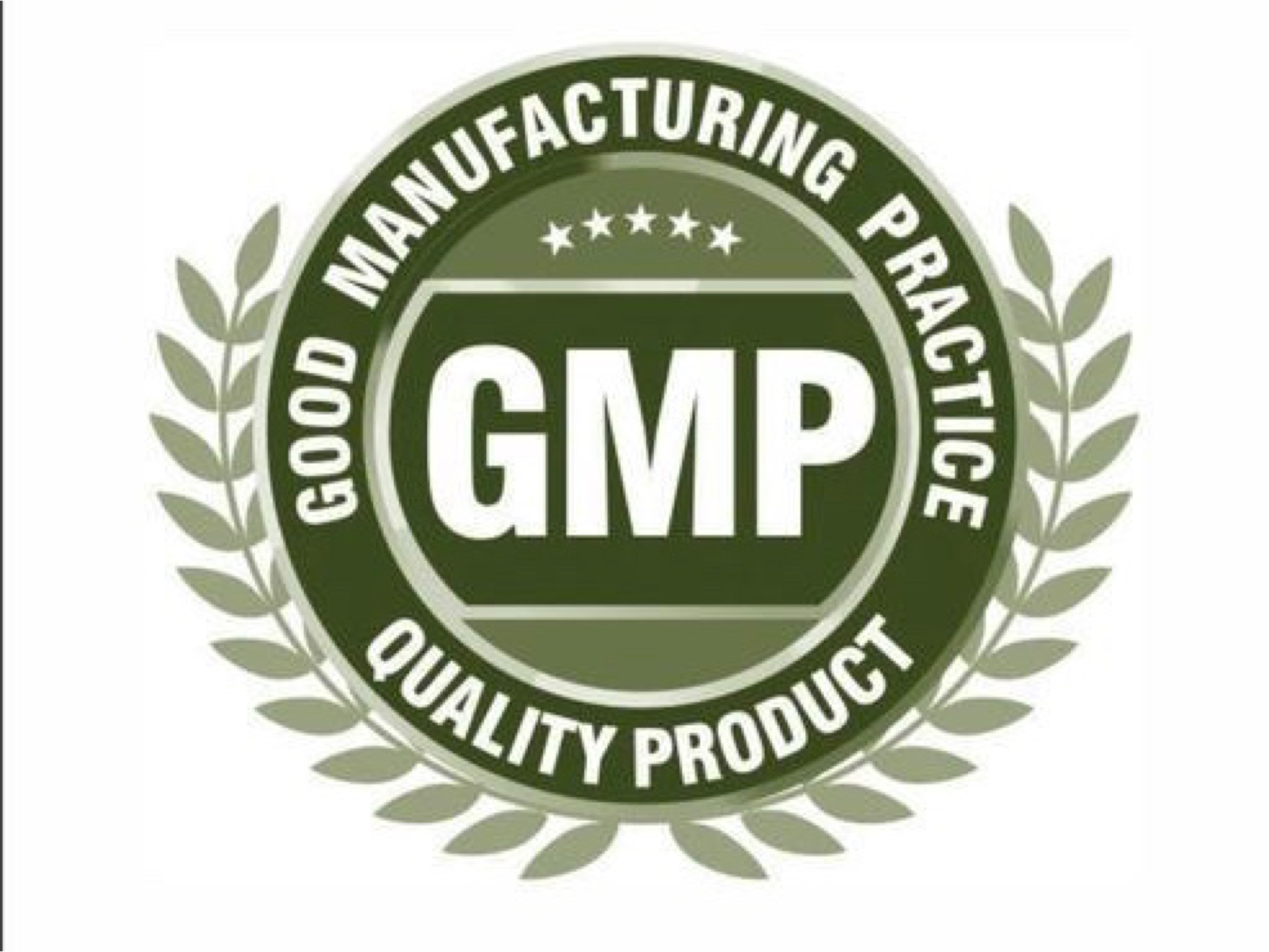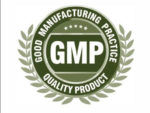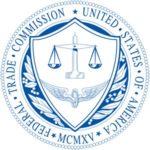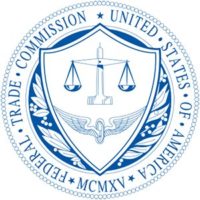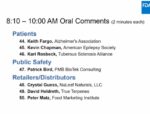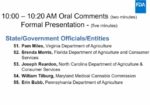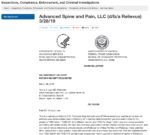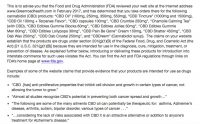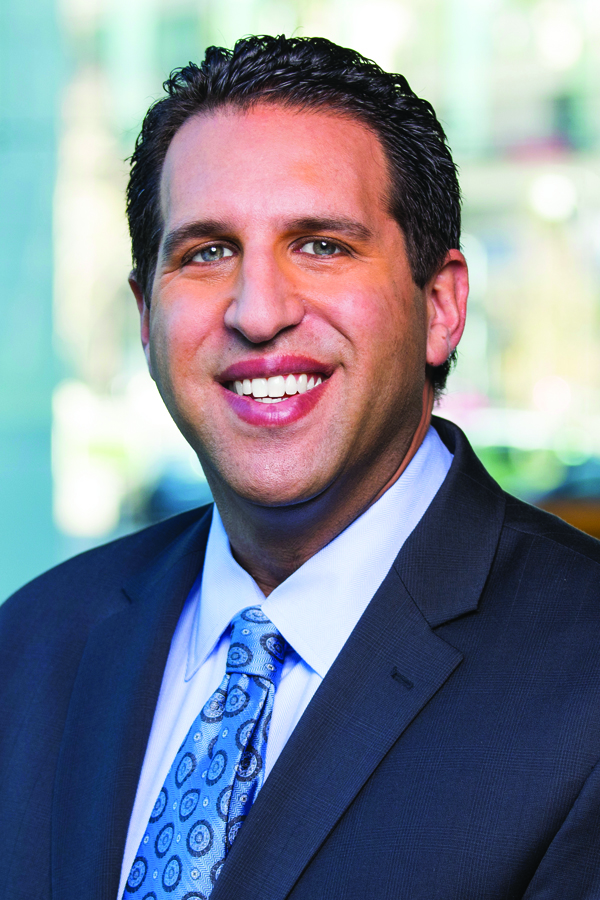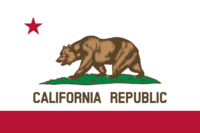Editor’s Note: While CIJ typically omits the word “marijuana” where possible due to antiquated nomenclature and prejudicial connotations, we understand the legal distinction between cannabis containing THC and hemp requires the use of the word when referencing federal government policies and legislative language.
Despite the rapid evolution of the cannabis industry, the assurance of safe manufacturing practices remains unclear.Both the Food and Drug Administration (FDA) and the Drug Enforcement Administration (DEA) have imposed significant hurdles for cannabis operators to remain on the “right side of the law.” Therefore, manufacturers of both hemp and marijuana products have been left to figure things out on their own, or choose to ignore existing guidance because the lack of federal oversight allows them to do so. Inconsistent regulation on manufacturing, packaging, labeling and testing of cannabis products offers the potential for unsubstantiated, non-scientific and often times blatantly false claims on product safety and efficacy.
Science vs. Law
Hemp and marijuana are both species of the Cannabis family, Cannabaceae. Genetically they are identical but are arbitrarily defined by the presence of delta-9 tetrahydrocannabinol (THC). While science does not differentiate between hemp and marijuana, the law does.
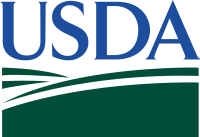 The hemp industry declared a small victory with the passing of the Agricultural Act of 2014 (2014 Farm Bill). Under this bill universities and state agriculture departments were allowed to grow hemp under state law. Additionally, “industrial hemp” was officially defined by establishing the legal limit of THC at 0.3% on a dry weight basis. The Agricultural Improvement Act of 2018 (2018 Farm Bill), under the guidance of the United States Department of Agriculture (USDA), took things a few steps further by authorizing the cultivation of hemp and removed hemp and hemp seeds from the CSA. The bill however provides no language that mandates the safe manufacture of hemp-derived consumer goods. The 2018 version also preserved the FDA’s authority to regulate products containing cannabis and cannabis-derived compounds under the Federal Food, Drug, and Cosmetic Act (FD&C Act). To the surprise of most, listing cannabidiol (CBD), even hemp-derived, as an ingredient on consumer product labels remains illegal under the bill. Furthermore, CBD product manufacturers are not protected under the current regulations. Since 2015 the FDA has issued warning letters to firms marketing CBD products as dietary supplements and/or foods, and in December 2018, FDA declared it illegal to introduce food containing CBD (or THC) into interstate commerce, regardless if it is derived from hemp. To date, the only FDA approved CBD product is GW Pharmaceutical’s Epidiolex.
The hemp industry declared a small victory with the passing of the Agricultural Act of 2014 (2014 Farm Bill). Under this bill universities and state agriculture departments were allowed to grow hemp under state law. Additionally, “industrial hemp” was officially defined by establishing the legal limit of THC at 0.3% on a dry weight basis. The Agricultural Improvement Act of 2018 (2018 Farm Bill), under the guidance of the United States Department of Agriculture (USDA), took things a few steps further by authorizing the cultivation of hemp and removed hemp and hemp seeds from the CSA. The bill however provides no language that mandates the safe manufacture of hemp-derived consumer goods. The 2018 version also preserved the FDA’s authority to regulate products containing cannabis and cannabis-derived compounds under the Federal Food, Drug, and Cosmetic Act (FD&C Act). To the surprise of most, listing cannabidiol (CBD), even hemp-derived, as an ingredient on consumer product labels remains illegal under the bill. Furthermore, CBD product manufacturers are not protected under the current regulations. Since 2015 the FDA has issued warning letters to firms marketing CBD products as dietary supplements and/or foods, and in December 2018, FDA declared it illegal to introduce food containing CBD (or THC) into interstate commerce, regardless if it is derived from hemp. To date, the only FDA approved CBD product is GW Pharmaceutical’s Epidiolex.
Marijuana remains classified as a Schedule I controlled substance under the CSA. Thirty-six (36) states have approved comprehensive, publicly available medical marijuana programs, and now 14 states have approved adult use programs, with New Jersey passing legislation on February 22, 2021. However, the industry has seen minimal movement toward mandating GMP requirements in the marijuana market. Only a handful of medical programs require manufacturers to follow GMP. Furthermore, the requirements are inconsistent between states and the language in the regulations on how to approach GMP implementation is vague and disjointed. This fragmented guidance supports the complexity and difficulty of enforcing a coherent, standardized and reliable approach to safe manufacturing practices.
What is GMP and Why Should You Care?
Good Manufacturing Practices (GMPs) are a system for ensuring that products are consistently manufactured and controlled according to quality standards and regulatory guidelines. The implementation of a GMP compliant program ensures consumer health and safety, allows manufacturers to understand the intended use of their products, allows manufacturers to defend product specifications as being appropriate, considers the risks to vulnerable populations and minimizes overall business risk. In a nutshell, GMP equals product safety and quality, and defines the responsibilities of the manufacturer to ensure consumers are protected from the distribution of unsafe and ineffective products. Currently, the GMP “landscape” in the cannabis space is complicated. The various “flavors” (food, dietary supplements, cosmetics and drugs/devices) of GMP leave many confused and frustrated when making the decision to implement GMP. Confusion is a result of unclear regulatory requirements as well as operators not fully understanding how to classify or designate the end use of their product(s). Implementing an effective GMP program requires proper planning (both short and long term), financial commitment and qualified resources.
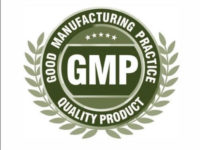 Where Should You Start?
Where Should You Start?
As the regulatory landscape continues to evolve and mature in the cannabis space, your business model must consider GMP implementation if you wish to remain successful and sustainable.
Intended Use
Before you can implement GMP you must first understand what GMP regulations apply to the intended use of your product(s). Are you manufacturing food, beverages or dietary supplements? Get acquainted with the FDA Code of Federal Regulations (CFRs) on GMP.
Conduct a Gap Assessment
A gap assessment allows you to determine your deficiencies in relation to GMP compliance. The assessment should include, but is not limited to facility design, equipment design, supply chain, risk management and employee training.
Develop an Action Plan
Once the gap assessment is complete a comprehensive action plan will be developed to map out the steps required to achieve GMP compliance. The action plan should follow the SMART Goal principles:
- Specific (simple, well-defined)

- Measurable (meaningful)
- Attainable (achievable, agreed upon)
- Relevant (resource-based, reasonable and realistic)
- Timely (time-based, defined due dates)
The plan will include prioritized deliverables, due dates and allocated resources in order to strategically plan and execute and complete the required tasks.
Schedule a Mock GMP Inspection
A mock inspection verifies that the action plan was adequately executed. Hire an experienced resource familiar with related GMPs and QMS to conduct the inspection. A successful mock inspection is a perfect litmus test if the end goal is to achieve GMP certification.
Cannabis manufacturers that ignore the obvious progression toward an FDA-like industry will not survive the long game. Those that embrace the momentum and properly plan to mitigate product and business risk – those who demonstrate integrity and are truly in this space to ensure safe, effective and quality products to consumers will come out on top, gain credibility and secure brand recognition.
References:
- 21 CFR Part 111, Current Good Manufacturing Practice in Manufacturing, Packaging, Labeling, or Holding Operations for Dietary Supplements.
- 21 CFR Part 117, Current Good Manufacturing Practice, Hazard Analysis, and Risk-Based Preventive Controls for Human Food and the Food Safety Modernization Act (FSMA).
- 21 CFR Part 210, Current Good Manufacturing Practice in Manufacturing, Processing, Packing, or Holding of Drugs; General.
- 21 CFR Part 211, Current Good Manufacturing Practice for Finished Pharmaceuticals.
- 21 CFR Part 700, Subchapter G-Cosmetics.
- 21 CFR Part 820, Subchapter H-Medical Devices; Quality System Regulation
- Congressional Research Service, FDA Regulation of Cannabidiol (CBD) Products, June 12, 2019.
- United States Food and Drug Administration-Warning Letters, Current Content as of 02/19/2021.
Links:

